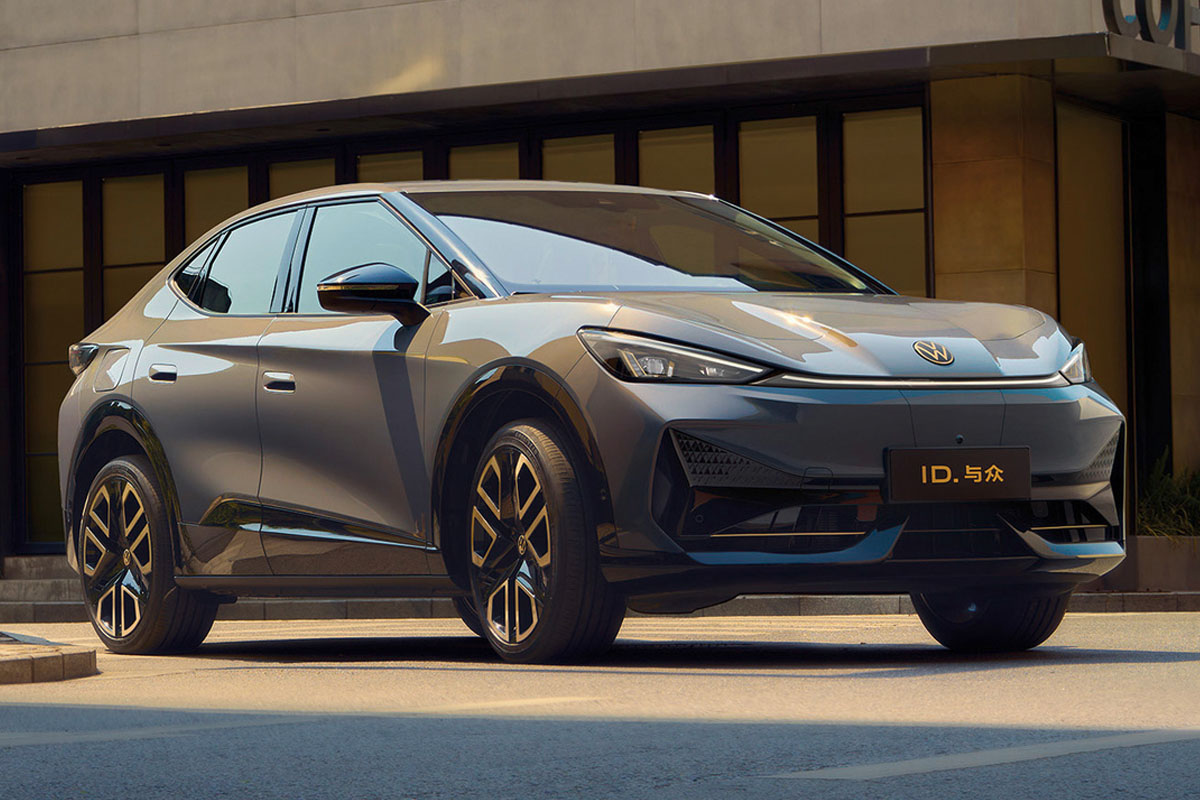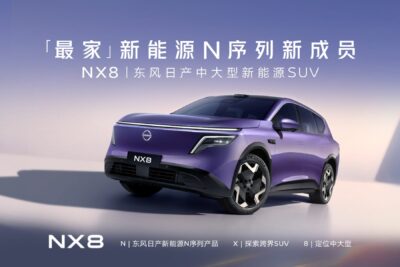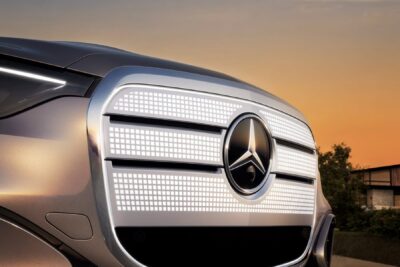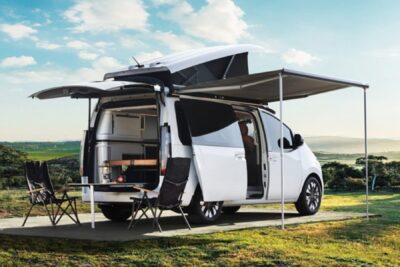German car manufacturers achieve 5% EV market share in China
German manufacturers only registered 325,637 electric cars in China in 2024, as calculated by the Handelsblatt based on data from the service provider Marklines. Although this represents an increase of 2.8 per cent compared to 2023, the problem is the market development in China. BEV registrations there have increased by 27 per cent to 6.3 million electric cars. As a result, the cumulative share of German manufacturers in the Chinese electric market has fallen despite the growth in absolute figures.
The slight increase of 2.8 per cent is entirely thanks to Volkswagen – the ID. series from Wolfsburg have become the best-selling electric models of the joint ventures between European or American manufacturers and Chinese carmakers. However, at +17 per cent, VW has also grown more slowly than the market as a whole.
On the other hand, EV registrations of premium brands are declining: BMW’s electric car sales were almost constant at -1 per cent, while Mercedes and Audi saw a drop of nearly 25 per cent. And at Porsche, electric sales slumped by over 50 per cent. Although the Taycan got a facelift in 2024 with further developed technology, the model failed to impress due to its high price and only 1,845 units were sold in China, according to Marklines. That will likely cost Chief Sales Officer Detlev von Platen his job – Porsche confirmed talks over the weekend about early termination of his contract. Chief Financial Officer Lutz Meschke is also set to leave, but probably not because of the situation in China.
Since the premiere of the Xiaomi SU7, comparisons with the similarly designed Porsche Taycan have been drawn time and again in China. The electric sports saloon built in Zuffenhausen is available in China for the equivalent of 123,000 euros, but Xiaomi sells the SU7 for less than 30,000 euros. Although there have been reports of technical problems and undersized brakes on the SU7, this has not affected its success: “For every Taycan sold in China in 2024, Xiaomi has sold 74 SU7s,” the article states.
The low demand for the Taycan is probably not only due to the high prices – Chinese electric cars have caught up considerably in terms of technology and often have at least equal drive technology. And when it comes to infotainment and connectivity, which are important for Chinese customers, they are usually even ahead. “Most German electric models are too expensive for the Chinese market and offer relatively little performance,” the Handelsblatt quotes Xing Zhou, Partner at strategy consultancy Alix Partners. However, Zhou says many Chinese manufacturers are currently not covering their costs. “There will be a massive concentration in the Chinese car market in the coming years. Of the more than 130 current manufacturers, perhaps 15 to 20 will remain.”
However, the combustion engine business is also becoming increasingly difficult for German manufacturers. According to the Marklines figures, VW built fewer than three million cars in China in 2024 for the first time in twelve years, specifically 2,748,034 vehicles (-10.2 per cent). BYD has climbed to over four million units at +41.0 per cent, while Geely (2.52 million cars, +26.8%), Chery (2.42 million cars, +43.0%) and Toyota (1.5 million cars, -13.9%) have also reached seven-digit production in China. They are followed by Tesla (912,000 cars, -3.9 per cent), BMW (6,28,000 cars, -13.8 per cent) and Mercedes (596,000 cars, -1.2 per cent). And the next Chinese manufacturer is pushing from behind: Li Auto has already achieved 510,000 units and growth of 33.9 per cent with its range extender models.
handelsblatt.com (in German)





0 Comments